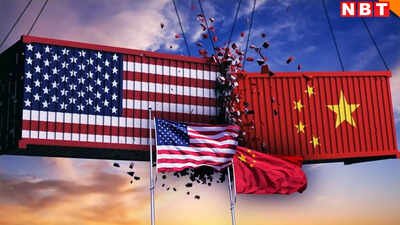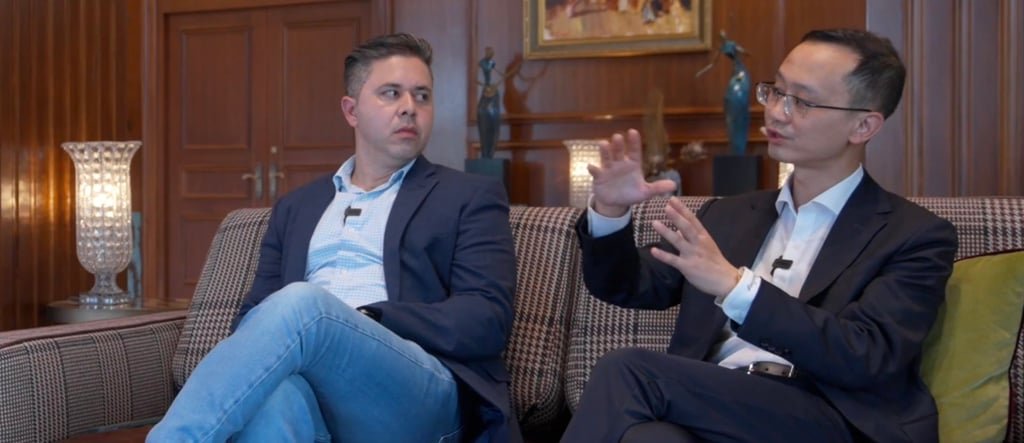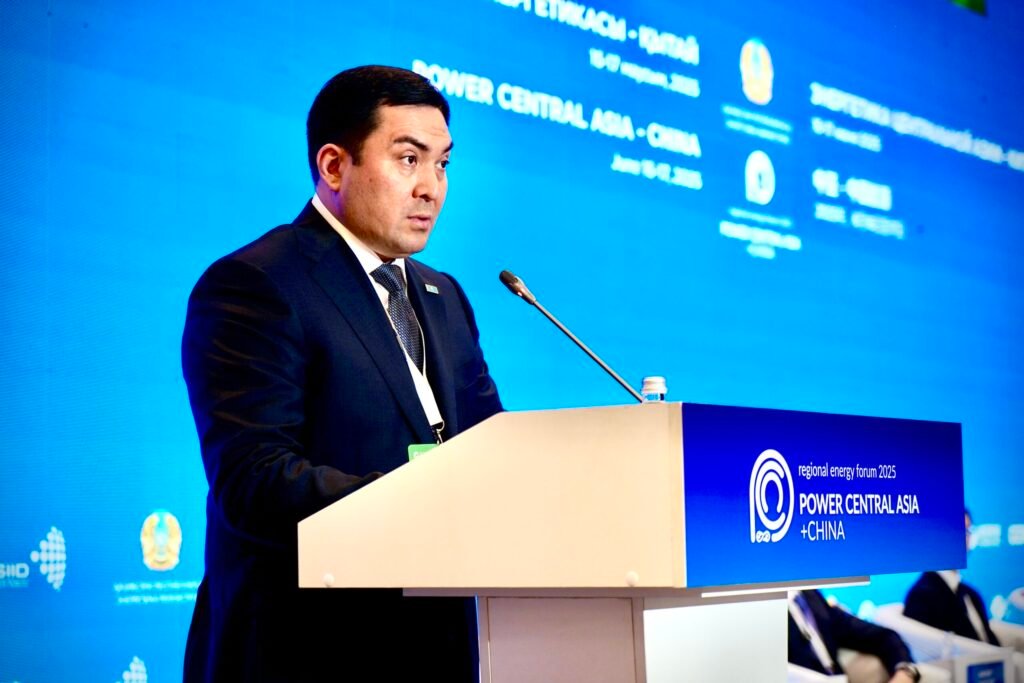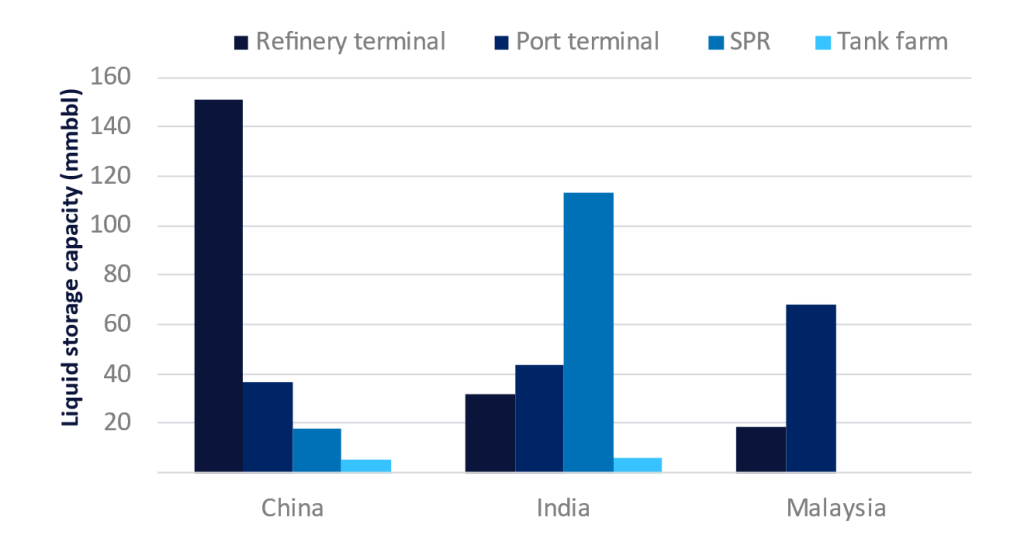China‘s economy managed a mixed economic performance in May, as retail sales jumped while factory output slowed in the face of higher U.S. tariffs.
Data released Monday showed retail sales rose 6.4% from a year earlier, helped partly by promotions of products stranded as shipments were suspended due to higher tariffs.
A major online shopping festival also helped entice consumers to spend more. The June 18 shopping extravaganza started last month, with online sellers offering discounts on many products.
But factory output and exports still took a hit from the tariffs, even though many of the increases in import duties have been delayed as Beijing and Washington negotiate a trade deal.
Manufacturing output rose 5.8% in May year-on-year, the National Bureau of Statistics said, compared with 6.1% in April and 7.7% in March. Factory activity surged earlier in the year but has slowed as U.S. President Donald Trump‘s tariffs took effect.
China earlier reported its exports to the United States fell 35% in May from a year earlier, while total exports rose 4.8% in May from a year earlier, much lower than economists’ forecasts and down sharply from an 8.1% jump in April.
Overall, economists said the world’s second largest economy had weathered the threat of hikes in tariffs relatively well.
But signs of weakness persist as a slump in the property market has yet to reverse.
Deflation remains an issue, with consumer prices slipping 0.1% in May from a year earlier and 0.2% from the month before.
Investment in real estate fell 10.7% in January-May compared to a year earlier, with housing prices in most cities falling slightly, the report showed.
Spending on factory equipment and other fixed assets rose at a relatively slow 3.7% annual pace, it said.
Apart from the “618” online shopping festival timed to celebrate the June 18, 1998, founding of e-commerce giant JD.com, China’s program to subsidize trade-ins of household appliances, autos and other goods helped boost retail sales.
But while retail sales rose 5% in January-May from a year earlier, consumers remain wary given weakness in the property sector, a vital repository of wealth for most families, Lynn Song of ING Economics said in a report.
May’s data was encouraging, she said, “However, a more sustainable consumption recovery will likely require a turnaround of consumer confidence, which remains much closer to historical lows than historical averages.”
The threat of higher tariffs that could further disrupt trade between the two biggest economies, remains, with an Aug. 10 deadline for reaching an agreement following talks last week in London.
“With tariffs set to stay elevated and exporters facing broader constraints, export growth is likely to slow further by year-end,” Zichun Huang of Capital Economics wrote in a commentary.







